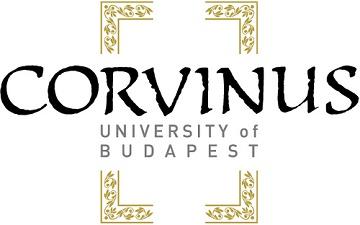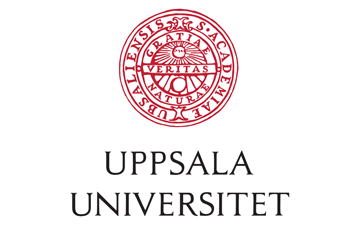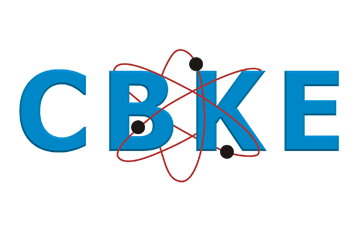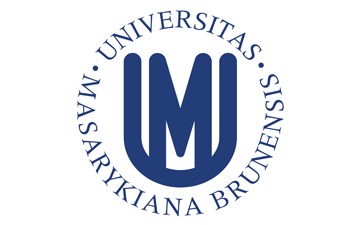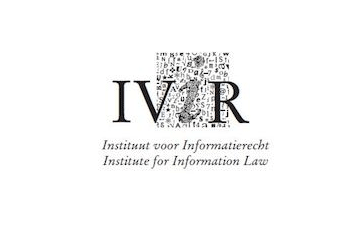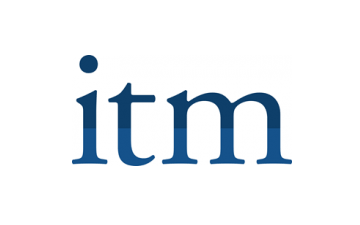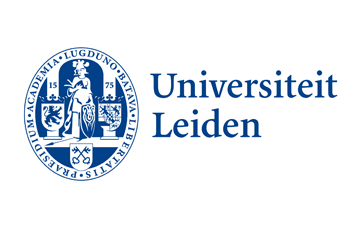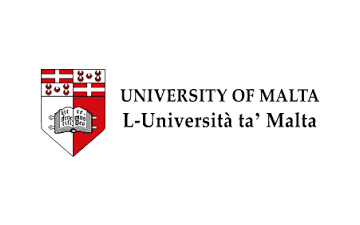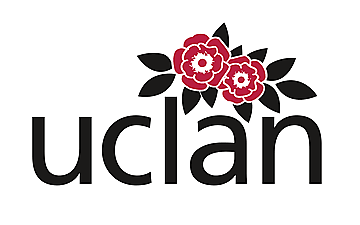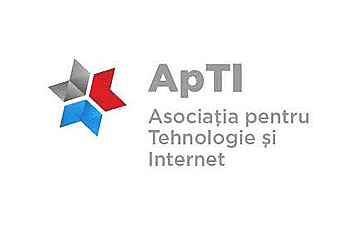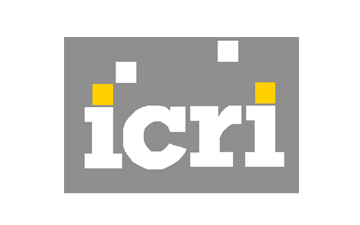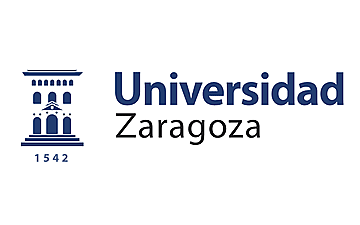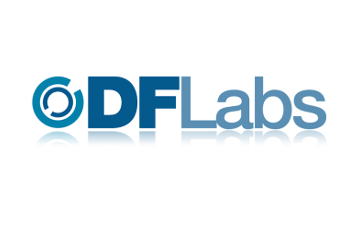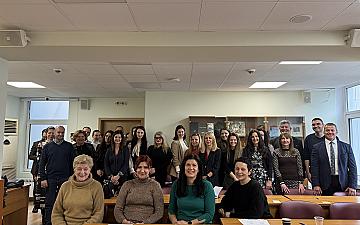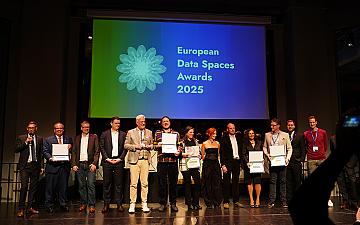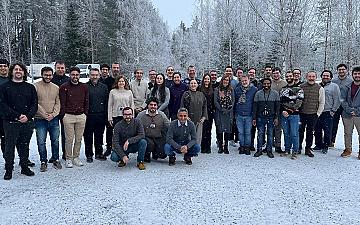The concept of personal data protection is to ensure legislative, organizational and technological measures that safeguard individuals’ right to privacy with regard to the processing of their personal data.
In this field the Law and Internet Foundation team members have distinguished themselves with knowledge and significant experience within the areas of protection, processing, and transferring of personal data of third parties, development and preservation of international centralized databases, disclosure of personal data to competent state offices by necessity for the purposes of the criminal investigations and accusations; registration of data controllers, etc. As a result, The Law and Internet Foundation (LIF) aims to ensure that data sharing is done in a just and ethical manner, with people’s privacy in mind, while also encouraging innovation and interoperability.
LIF has developed its expertise in the field of data protection through various activities. Different state administrations (ministries, agencies, and commissions) have confided in the knowledge and long-term practice of the Foundation in the area of personal data protection. Hence, our experts are frequently invited to participate in developing national legislation on these matters. Additionally, they have been lecturers of multiple international conferences, forums and seminars in the field of personal data protection, including trainings of state officers from respective agencies responsible for personal data protection and relevant departments in the state administration. Even more, one of our leading experts is a member of the prestigious European Privacy Institute, a self-regulatory institution and training school with seminars and training programs worldwide. In 2007 Law and Internet Foundation developed the very first seminar on the implementation of the European legislation, regarding personal data protection in Bulgaria and the European practices in the field. Among the participants were some of the most popular European experts on the matter.
Since then, the Law and Internet Foundation has contributed to key projects in the area of data protection. In fact, almost every project LIF deals with contains data protection as a core topic, as with the use of any developing technologies it is always vital to ensure that they meet the necessary legal and ethical guidelines to safeguard personal data. A notable project is SMART - Scalable Measures for Automated Recognition Technologies’, which was completed in 2014 and assessed the use of smart surveillance technologies in areas such as border control and e-government, combining legal analysis with technical evaluation. As coordinator of the work package on e-Government, the Foundation played a key role in developing safeguards to ensure compliance with EU data protection laws and proposed a model law to guide future regulatory action. A newer project we are working on is TESSERA - Towards the Datasets for the European Security Data Space for Innovation’, which aims to conduct the preparatory work for the creation of high-quality large-scale trusted and shareable datasets based on identified operational use cases, thus supporting the European Security Data Space for Innovation. In each of these projects and all others related to data protection (such as DATAMITE, GUARD, FORMOBILE, MIICT, etc.), the Foundation oversees that personal information is handled sensibly and in compliance with national and international regulations. Hence, LIF’s expertise is vital for each project, as the integrity of any technology driven projects depends on legal monitoring.
Data protection is also essential in the field of telecommunications, where the Law and Internet Foundation has been actively involved for many years. In 2005, our team created the new Electronic Communications Act by aligning national law with the EU legal standards. Furthermore, LIF’s experts prepared a number of legal consultations on different regulatory issues and participated in drafting a wide range of acts and secondary legislation supporting the activities of Communications Regulation Commission, Commission on Protection of Competition etc., – all of them with key significance for the acceleration of the process of liberalizsation of the Bulgarian telecommunications market.
The experts of the Foundation have consulted the Ministry of Transport, Information Technologies and Communications in the implementation of the revised EU regulatory framework in e-Communications in 2009 on a national level and have served with their expertise in the field to the National Assembly in policy making processes.
Additionally, LIF works on international projects related to telecommunications, as one of the most notable ones being our current project INCEPT - ‘Supporting cross-border judicial cooperation in cases related to Interception of telecommunications’. As the coordinator, LIF monitors the whole project cycle, ensuring that the project meets its objectives and legal standards such as data protection and privacy regulations are upheld. Moreover, INCEPT seeks to enhance judicial cooperation, particularly in telecommunication interception by developing guidelines and recommendations to fill in existing gaps in the implementation of the European Investigation Order (EIO) and foster good practices. LIF's role is crucial because of its strong legal focus as it leads the legal analysis and makes sure that the results are both efficient and in line with EU fundamental rights.
As a result, through its efforts in digital innovation, telecommunications regulation, and data protection, the Law and Internet Foundation is an important institution in forming the legal environment in the area of technology and innovation.
Projects
- Supporting cross-border judicial cooperation in cases related to INterCEPTion of telecommunications (INCEPT)
- Solid Preparedness and Resilience for Robust Operations during Disaster Wilderness (SPARROW)
- Towards thE dataSetS for the European SEcurRty DAta Space for Innovation (TESSERA)
- DATA Monetization, Interoperability, Trading & Exchange (DATAMITE)
- Industrial Data Services for Quality Control in Smart Manufacturing (i4Q)

